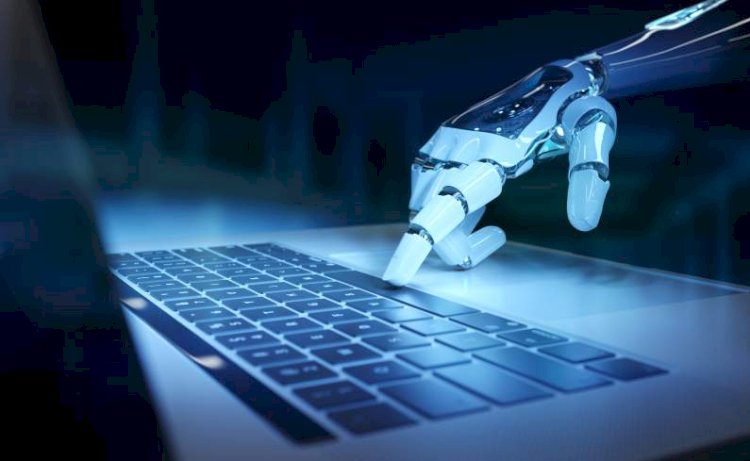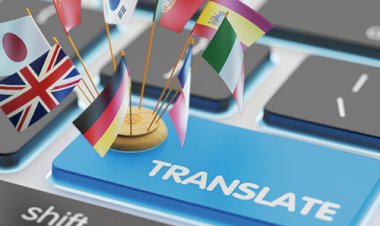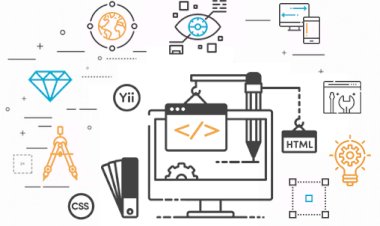The Impact of Machine Translation on Human Translators
Machine translation has rapidly advanced in recent years, with new technologies such as neural machine translation (NMT) and artificial intelligence (AI) improving the accuracy and efficiency of automated translation.

Machine translation has rapidly advanced in recent years, with new technologies such as neural machine translation (NMT) and artificial intelligence (AI) improving the accuracy and efficiency of automated translation. While these advancements have made machine translation more accessible and affordable for businesses and individuals, they have also raised questions about the impact of these technologies on human translators. In this article, we will explore the impact of machine translation on human translators, and how these technologies are changing the landscape of the translation industry.
 One of the most significant impacts of machine translation on human translators is the increased competition for translation work. With the availability of machine translation, many clients are opting for automated translation services, which can be faster and less expensive than human translation. This has led to a decrease in demand for human translators, particularly for lower-level or less complex translation tasks. However, it is important to note that machine translation is not yet able to replace human translation entirely, particularly for more complex or nuanced translation tasks at translation companies birmingham.
One of the most significant impacts of machine translation on human translators is the increased competition for translation work. With the availability of machine translation, many clients are opting for automated translation services, which can be faster and less expensive than human translation. This has led to a decrease in demand for human translators, particularly for lower-level or less complex translation tasks. However, it is important to note that machine translation is not yet able to replace human translation entirely, particularly for more complex or nuanced translation tasks at translation companies birmingham.
Another impact of machine translation on human translators is the changing nature of the translation industry. With the rise of machine translation, many translators are shifting their focus towards higher-level translation tasks, such as post-editing machine-translated content or providing specialized translation services in areas such as legal, medical, or technical translation. This shift has resulted in a more specialized and diverse translation industry, with human translators playing an increasingly important role in providing high-quality and accurate translations.
However, the impact of machine translation on human translators is not solely negative. Machine translation can also be a valuable tool for translators, particularly when used in conjunction with human translation. Machine translation can help to improve translation efficiency, increase consistency, and reduce errors, allowing human translators to focus on more complex or nuanced aspects of the translation process. Moreover, machine translation can be particularly useful for translators working in niche fields, as it can help to quickly and accurately translate technical or specialized terminology.
Ultimately, the impact of machine translation on human translators will depend on how these technologies are implemented and integrated into the translation industry. While machine translation may pose challenges to human translators in terms of competition and changing industry dynamics, it can also be a valuable tool for improving translation efficiency and accuracy. As the translation industry continues to evolve, it will be important for translators to stay up-to-date on the latest technologies and strategies for integrating machine translation into their workflows. By doing so, human translators can continue to provide high-quality and accurate translations, while also embracing the potential benefits of machine translation.







































